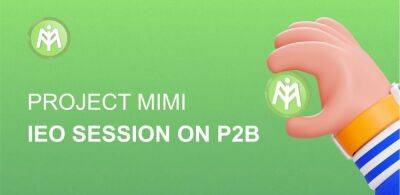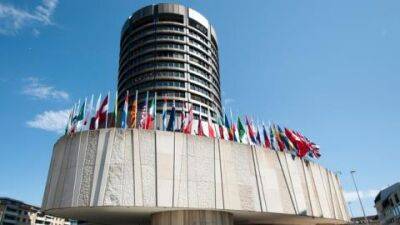Singapore Fintech Festival 2022: MAS MD Menon equates fintech transformation to Wu Xing
According to Menon, the Covid-19 pandemic, and subsequent lockdowns led to “an overdue cleansing of unsustainable business models, highly risky practices, and unviable use cases.” He continued to say that “the digital asset industry will emerge leaner and stronger.”
Singapore has seen unrivalled collaboration over the last few years, across businesses, financial institutions, fintech startups and central banks. Fintech investment in the nation state hit US$3.9 billion, a staggering jump from US$0.9 billion in 2019.
Menon’s speech focused on what’s next for fintech in Singapore and he explored five issues that continue to permeate. To resolve these problems, he turned to the Chinese philosophy of Wu Xing, where “there are five fundamental elements that function as cosmic agents of change: Water, Metal, Fire, Wood, Earth.”
He added that the five key outcomes we want to achieve through our collaborative fintech projects are: - Instant remittance - Atomic settlement - Programmable money - Tokenised assets - Trusted sustainability data.
Instant remittance = Water
Alongside the connection between Singapore’s PayNow to Thailand’s PromptPay and working towards the same for India’s Unified Payments Interface and Malaysia’s DuitNow, Menon explained that each new linkage “requires a refresh in technical alignment between the two payment systems. It also entails accommodating domestic polices, such as on data privacy and security, sanctions screening and capital controls.”
MAS has been working with the BIS Innovation Hub on Project Nexus, a multilateral solution to link countries’ real-time payments systems. “With this solution, each country would only need to link its real-time payment system once to a Nexus gateway, which in turn
Read more on finextra.com










